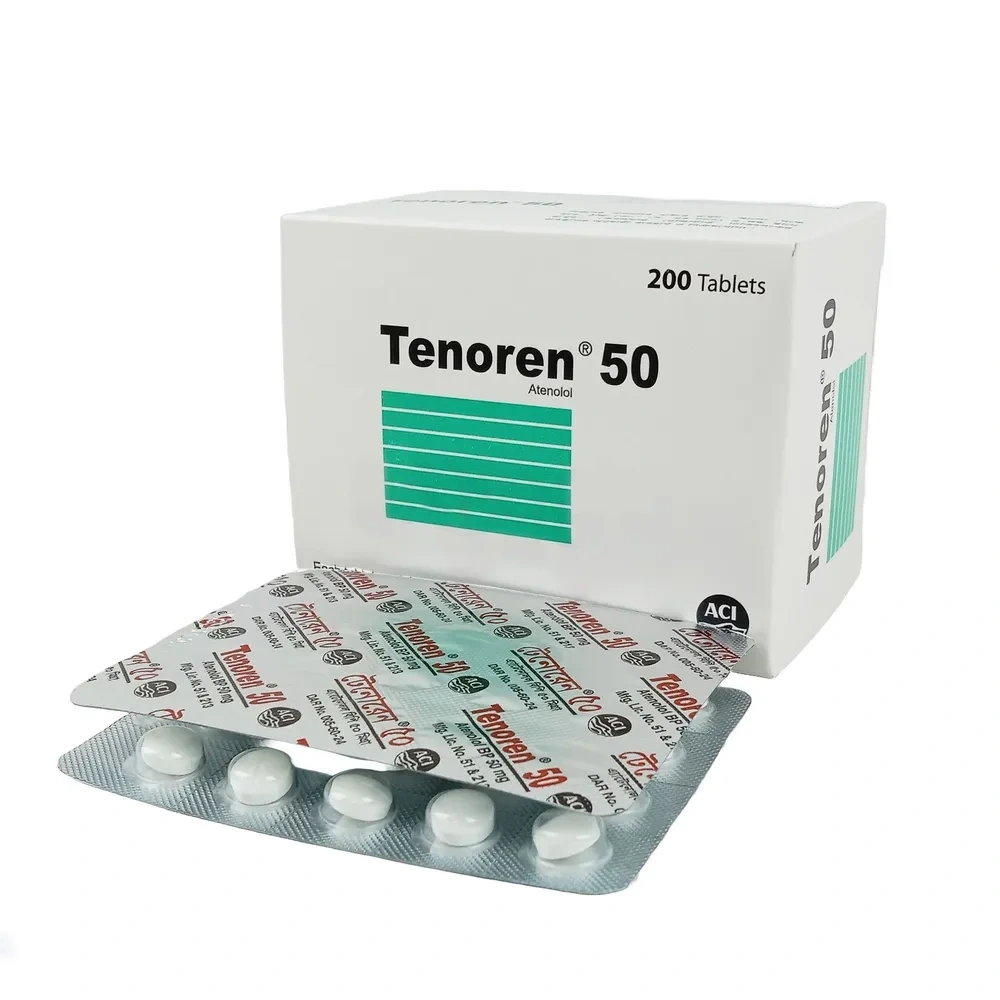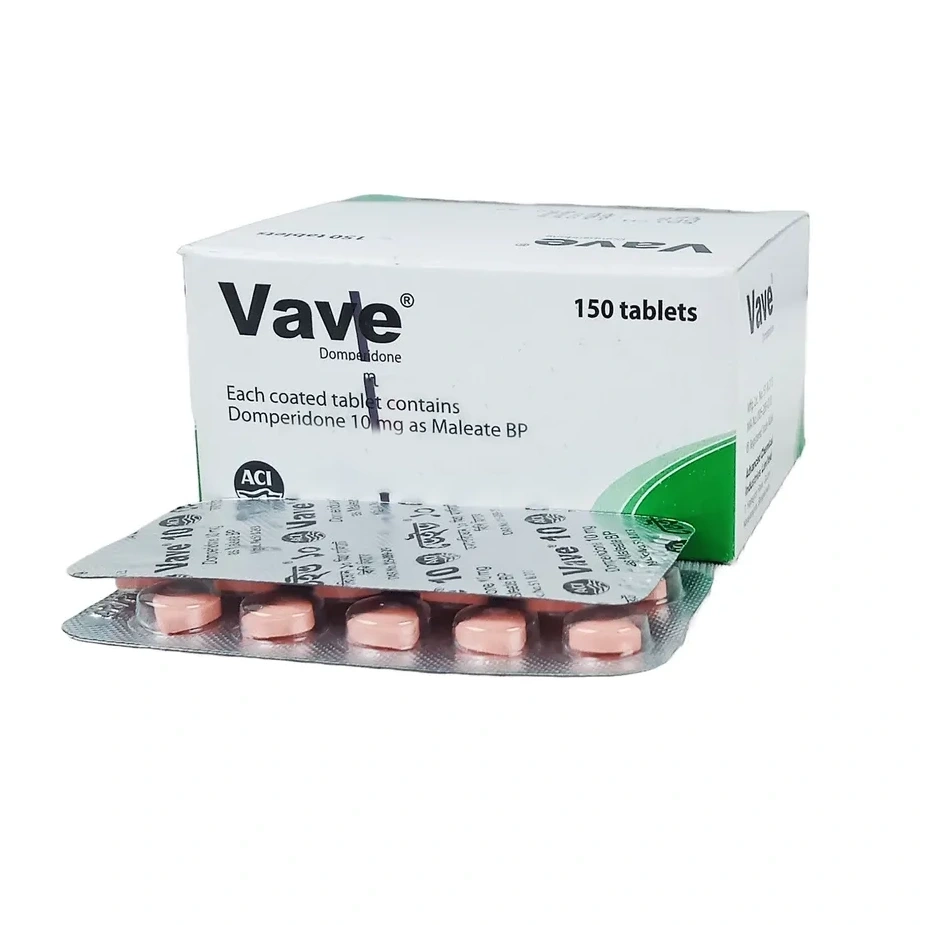Medicine Overview of Verospiron 25mg Tablet
Verospiron is a medicine known as a diuretic (water pill). It is mainly used in the treatment of heart failure and high blood pressure. It reduces the swelling (edema) caused by some other conditions. This medicine is also used to treat low potassium levels in the body (hypokalemia).
Verospiron should be taken with food at the same time each day to get the most benefit. Taking it early in the day can help prevent you from having to get up at night to go to the toilet frequently, You should keep using this medicine as it has been prescribed, even if you feel well. If you stop taking it, your condition may get worse. Follow your doctor’s advice about the type and amount of liquids you should drink. If you are being treated for high blood pressure, lifestyle changes such as exercising regularly, and making changes to your diet like low-salt diet may increase the effectiveness of this medicine.
The common side effects include nausea, vomiting, dizziness and swelling, or tenderness of your breasts (men and women). If these bother you, or appear serious, let your doctor know. There may be ways of reducing or preventing them. Drinking alcohol can increase certain side effects and should be avoided.
You should be careful about using Verospiron if you have kidney problems or are unable to urinate. Before taking it, tell your doctor if you have ever had kidney, liver or heart disease or are pregnant. Also let your healthcare team know about all other medications you are using as they may affect, or be affected by this medicine. Pregnant or breastfeeding women should consult their doctor before taking this medicine. While using this medicine, you may be advised to limit your intake of salt or salt substitutes, and you should have your blood pressure checked frequently. Some other tests like kidney function (e.g., creatinine) and potassium levels will be done to monitor your progress.
- Hypertension (high blood pressure)
- Edema
- Nausea
- Vomiting
- Leg cramps
- Dizziness
- Drowsiness
- Confusion
- Breast enlargement in male
- Increased creatinine level in blood
-
It can make you feel dizzy for the first few days. Do not drive or do anything requiring concentration until you know how Verospiron affects you.
-
It may increase the level of potassium in your blood. Avoid taking potassium supplements and potassium-rich foods such as banana and broccoli.
-
Your doctor will regularly check your kidney function and the amount of potassium in your blood while you are on this medicine.
-
Notify your doctor if you experience dizziness, diarrhea, vomiting, fast or irregular heartbeat, swelling in feet, or difficulty breathing.
-
Verospiron may cause breast pain/swelling, irregular periods (women), or trouble with sexual performance.
-
Inform your doctor if you are pregnant, planning pregnancy or breastfeeding.
Oral
Oedema
Adult: Initially, 100 mg daily, may adjust dose according to response up to 400 mg daily.
Hepatic cirrhosis with ascites and oedema
Adult: Depending on urinary Na/K ratio: If >1: Initially, 100 mg daily; if <1: Initially, 200-400 mg daily.
Diagnosis of primary hyperaldosteronism
Adult: Long test: 400 mg daily for 3-4 wk. Short test: 400 mg daily for 4 days.
Preoperative management of hyperaldosteronism
Adult: 100-400 mg daily. Long-term maintenance in the absence of surgery: Admin the lowest effective dose.
Hypertension
Adult: As monotherapy: Initially, 50-100 mg in 1-2 divided doses, may adjust dose after 2 wk.
Severe congestive heart failure
Adult: As adjunct: Initially, 25 mg once daily to max 50 mg daily. May reduce to 25 mg every other day if 25 mg once daily dose is not tolerated.
Diuretic-induced hypokalaemia
Adult: 25-100 mg daily.
Hirsutism
Women with hirsutism
Adult: 50-200 mg qDay or divided q12hr
Elderly: Initiate w/ the lowest dose then titrate upward if needed.
Oral
Hepatic cirrhosis with ascites and oedema
Child: Initially, 3 mg/kg given in divided doses, may adjust according to response.
Diagnosis of primary hyperaldosteronism
Child: Initially, 3 mg/kg given in divided doses, may adjust according to response.
Preoperative management of hyperaldosteronism
Child: Initially, 3 mg/kg given in divided doses, may adjust according to response.
Severe congestive heart failure
Child: Initially, 3 mg/kg given in divided doses, may adjust according to response.
Renal impairment
CrCl >50 mL/min/1.73 m²: 12.5-25 mg qDay; use maintenance dose of 25 mg qDay or q12hr after 4 weeks of treatment with potassium <5 mEq/L
CrCl 30-49 mL/min/1.73 m²: 12.5 mg qDay or every other day; use maintenance dose of 12.5-25 mg qDay after 4 weeks of treatment with potassium <5 mEq/L
CrCl <30 mL/min/1.73 m²: Avoid use
Patient at risk of developing hyperkalaemia and acidosis, w/ DM. Renal and hepatic impairment. Elderly. Pregnancy and lactation. Patient Counselling This drug may cause dizziness and somnolence, if affected do not drive or operate machinery. Monitoring Parameters Monitor serum electrolytes periodically; BP, renal function.
Lactation: Metabolite excreted into breast milk; discontinue breastfeeding or do not use drug
Drowsiness, dizziness, headache, lethargy, leg cramps, GI disturbances (e.g. diarrhoea, cramps), ataxia, mental confusion, rashes, pruritus, alopecia, hyponatraemia, electrolyte disturbances, gynaecomastia, hirsutism, menstrual irregularities, breast pain, deepening of the voice, impotence, leucopenia (including agranulocytosis), thrombocytopenia, transient elevation in BUN concentration. Rarely, breast enlargement.
Potentially Fatal: Hyperkalaemia.
Increased risk of hyperkalaemia w/ other K-sparing diuretics or K supplements, ACE inhibitors, angiotensin II receptor antagonists, trilostane, heparin, LMWH. Increased risk of nephrotoxicity w/ ciclosporin, NSAIDs. Increased risk of lithium toxicity. May reduce ulcer-healing properties of carbenoxolone. May increase serum level of digoxin. May reduce vascular response to norepinephrine. Concurrent use w/ colestyramine may cause hyperkalaemic metabolic acidosis. Potentiation of orthostatic hypotension may occur w/ barbiturates or narcotics.
Potentially Fatal: May enhance hyperkalaemic effect w/ eplerenone. Increased risk of lithium toxicity when used concurrently.











